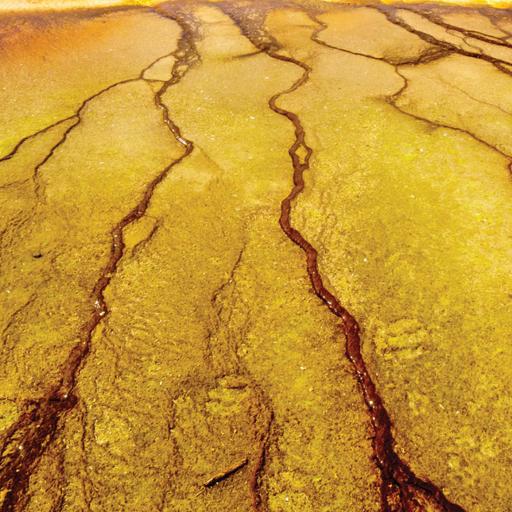Microbial Ecology
Presentations | English
Microbial ecology is the study of the interactions of microorganisms with their environment, each other and plant and animal species. It includes the study of symbioses, biogeochemical cycles and the interaction of microbes with anthropogenic effects such as pollution and climate change. Although not traditionally thought of as a central discipline within ecology, microbial ecology is of critical importance because microorganisms represent the vast majority of the genetic and metabolic diversity on the planet and drive most of the critical ecosystem processes which recycle matter and energy. Coverage includes the ecology of microorganisms in natural and engineered environments; genomic, metagenomics and molecular advances in understanding of microbial interactions; microbial diversity and phylogeny; microbial drivers of biogeochemical processes; inter- and intraspecific microbial communication; ecological and so on.

3.50
Lumens
PPTX (14 Slides)
Microbial Ecology
Presentations | English
